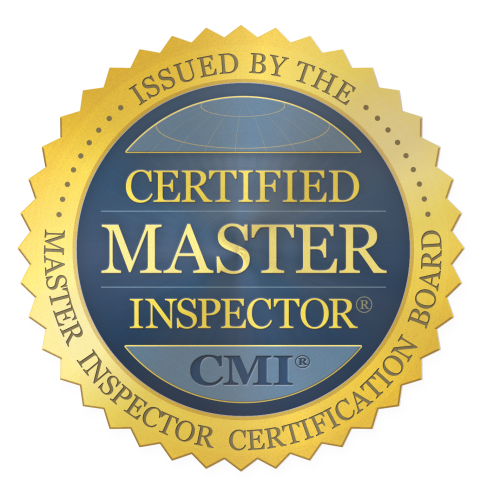How To Choose A Sump Pump
How to choose a sump pump.
So, how would you go about choosing one? What can you pick from?
How about the stack of cheap units on sale at the hardware store? Why not?
With just about everything, you get what you pay for.
What's a sump pump?
It is a pumping unit buried in a tub under the basement floor that collects and discharges water before it can flood the home.
In modern construction it is fed by drain lines placed around the foundation wall, and under the house.
Older houses, with retro-fit sumps, might have drain lines inside the house feeding water to the unit.
Either way, a properly-functioning sump pump is flood protection.
How would you go about buying one? If you were replacing one that broke, what would you look for? My house in Bristow, Virginia is 25 years old, so before I had a problem I went about investigating how to buy a good sump pump.

If you research it, this blog is what you would learn.
There are two kinds of sump pumps - pedestal and submersible.
Either runs automatically. When the water level inside the tub rises high enough the float rises and that turns the sump pump on. When it has pumped out enough of that water and the float lowers enough, the unit turns off.
There should be a valve in the discharge pipe, called a check valve, which prevents water from returning to refill the tub.
WHEN YOU ARE REPLACING A BAD SUMP PUMP YOU SHOULD ALSO THINK TO REPLACE THE CHECK VALVE. IT MIGHT HAVE GOTTEN LOOSE, OR CLOGGED, OVER TIME AND NO LONGER WORKS PROPERLY.
You can go to the hardware store or order a new sump pump unit on line.
What should you look for?
- Housing material - cast iron, stainless steel, thermoplastic, aluminum, etc. Probably the stronger the housing, the better the unit.
- Gallons per hour flow - if you live with a high water table, or where there is a lot of rain, more gallons per hour are important.
- Float type - tether or vertical.
- Motor amps - like the vacuum cleaner, the higher the amperage the stronger the motor. Consider 12amps, but fewer than 10amps would probably not serve you long.
- Horse power - the most popular units, and those recommended by most professionals, are 1/2 or 3/4 HP. The best, if you can find them, are 1 HP. When I say professionals, I mean plumbing and water-damage clean up professionals. The best sellers nationwide are here. They are a little more expensive, but long lasting. The overall pick because of price is here. It is a little cheaper, but, again, long lasting. Both are submersible pumps, which means they clog less often, if at all.
- Discharge port size. A 2" pipe is usually the largest you can find.
- Price range. Again, you get what you pay for. On line you can find a good cast-iron submersible, 1/2HP unit, with a vertical float, for $200 - $300.
I RECOMMEND A SUMP PUMP BATTERY-BACK UP
ON EVERY ONE OF MY INSPECTION REPORTS.
If the power goes out, or if the pump fails from overuse or overheating, you should have back up!
These are big batteries which come in DC or AC/DC. All units switch to DC if the power fails, but the AC/DC unit will allow the pump to operate directly off the electric power without depleting the battery. They plug in and are continuously charged.
Obviously the more hours they provide protection the better! One that protects for 48 - 72 hours is not too large! Again, you can select HP and gallons per hour. The bigger the better, but buy depending on your sump pump usage needs.
The good ones aren't cheap, but peace of mind is worth a $million! These are two different recommendations for sump pump power-outage back up batteries - here and here. Each will give you as much as 72 hours of protection. That is likely longer than you might need, especially if you live in an area with buried electrical service lines.
My recommendation: sump pumps are crucially important to the health of a lower level. And if you have a finished basement they are essential. The cheaper units are a waste of money. A battery back-up is also very important. As to any battery back-up, be sure to find a good one. The best will protect for as much as 72 hours.

Comments
Post new comment